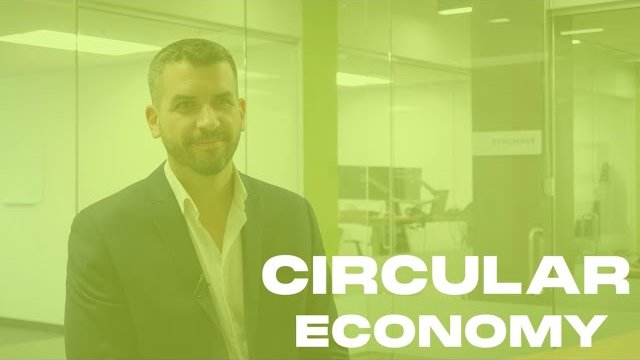"At Pyrowave, we believe the future is electric and that electricity can power a broad range of innovations to catapult a circular economy and sustainable materials."
THE LOW CARBON ECONOMY
Pyrowave technologies integrate renewable energy into the industrial production of chemicals, traditionally powered by fossil energy sources, such as plastics production, thereby reducing energy use and carbon emissions.
The electrification of chemical processes is at the core of Pyrowave's technologies as we aim to develop a lower-carbon manufacturing industry. Furthermore, our products are 100% traceable recycled materials which can be used in the same applications as, or blended with, virgin material. Pyrowave licenses its technologies and provides its equipment to customers looking for plastics recycling solutions.
Contact us to accelerate your green shift with chemical recycling !
-
Chemical recyclingmicrowave depolymerization of polystyrene (PS) into virgin-identical styrene monomerRead more
Pyrowave microwave technology breaks down polystyrene into styrene monomer with yields and purity unmatched in the industry.
-
Nanopurificationpurification and filtration of plastic feedstockRead more
Plastics contain numerous additives and contaminants such as flame retardants (PS), metals (PVC), stabilizers and pigments (ABS), which Pyrowave technology can remove on a molecular scale to recover virgin resin.
-
Low-carbonsustainable cementRead more
New project to produce a zero-carbon Portland cement using microwave firing at different stages of production: limestone decarbonation and raw meal firing.
-
Composite plastic solutionswith carbon fibersRead more
Innovative recovery of intact carbon fibers from composite plastics for sectors such as aerospacial and wind mill.

Breaking Conventions. Rebuilding with Purpose.
Plastics have become critical products in our modern economy. Nearly all aspects of daily life involve plastics in some form or another. Despite their many benefits and increasing demand, end-of-life plastics management is a global challenge. However, as technological innovations arise, the light of new and cleaner progress has begun to filter through. Electrical progress.
A solid process for a solid matter
The modularity of our technologies allows Pyrowave to scale them to customer needs in local markets, thereby quickly deploying new technology to meet increasing plastics recycling demand.
Our processes transform materials with few outlets into high value-added products equivalent to their virgin counterparts, but that are 100% recycled, 100% traceable, low in carbon and compatible with the specifications required in the petrochemical industry.
Awards and Recognitions
The Pyrowave technology has been recognized numerous times!
Our partners
Discover our change-making partners. Together, we create new low carbon value chains.





























